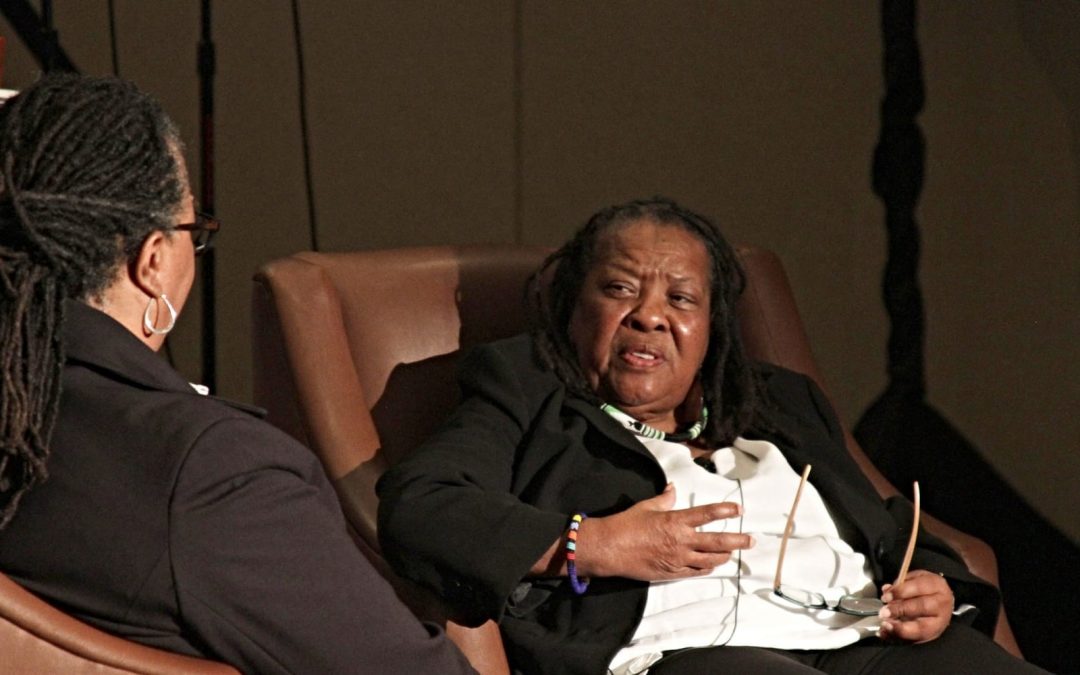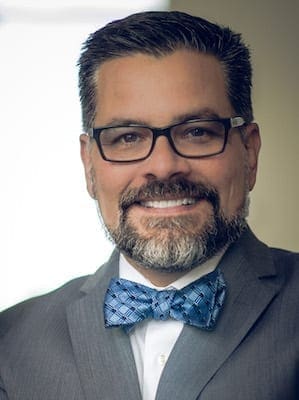The hood of blatant racism has been removed in recent years, as white supremacists marched through the street of Charlottesville, Virginia, and currently espouse their views on national television.
While blatant racism has always been visible throughout history, modern-day white supremacists have been emboldened recently to speak more openly about their beliefs and publicly support policies that are detrimental toward people of color.
While this is extremely alarming to many white Americans, it is not surprising to communities that daily suffer from racism.
White supremacists may no longer wear hoods to cover their faces, but the results of systematic racism still remain hidden behind sets of blinders worn by white Americans.
During the 2018 New Baptist Covenant’s “Journey to Justice” Summit in Atlanta this week, speakers began to remove the hood of systemic racism to reveal its historic effects and results.
Civil rights icon Ruby Sales observed, “What’s good for the patriarch is death for the masses.”
From America’s broken justice system that places a disproportionate number of minorities in prison to the practice of redlining that hinders housing opportunities for black and brown citizens, the effects and results of systemic racism in America are alarming and infuriating.
Many Americans define racism as a deliberate attitude or behavior toward people of color, but they have never regarded social structures and systems as racially advantageous for white citizens and overwhelmingly prejudiced toward minority communities.
White supremacy is much more than one person calling another a derogatory term.
In fact, systemic racism and micro-aggressions are causing much more damage to minority communities than a bigot using the N-word.
An African-American pastor recently told me, “I can handle the bigot that calls me the N-word, for at least he is being intellectually honest about himself. However, the rest of white America that hides behind progressive ideologies and token inclusionary rhetoric infuriates me.”
He continued, “While they are patting themselves on the backs for being inclusive, accepting and open to dialogue, my young brothers are dying on the streets and my families are working two to three jobs to make their bills. Talk is cheap. We need tangible actions that condemn and redeem the systemic racism in our social structures.”
Listen to that again: “While they are patting themselves on the backs for being inclusive, accepting and open to dialogue, my young brothers are dying in the streets.”
If slavery is America’s original sin and Jim Crow is the child of that sin, then modern-day systemic racism is the grandchild.
We need to wake up to the evils of systemic racism. We need to educate ourselves on how social constructs and societal systems work for a white-ruling class and against minority classes of color.
We need to examine honestly the discrepancies in educational opportunities and income levels. We need to see how housing in this country has been determined primarily by race and ethnicity.
We need to search for ways we can change public policies and recreate systems that offer level playing fields and open doors for every person – not just a ruling class.
In Atlanta this week, the hood of systemic racism was lifted. The stories of blatant racism were appalling but did not surprise me. What did surprise me, however, was the truth beneath the hood of systemic racism.
While I am one-quarter brown (Muscogee Creek), I must admit the other three-fourths of me has benefited from systemic racism.
I have benefited from doors opened to me. I have profited off systems that allowed me to get ahead of others. I have avoided hurdles from behind which others suffered. I have “achieved” more in my life simply because a prejudicial system is in place that gave me advantages over others.
No, I am not a blatant racist, but I am a man that benefited from racism. Therefore, I am ashamed that when the hood of systemic racism was lifted this week in Atlanta at the NBC summit, my brown and white face was staring back at me.


